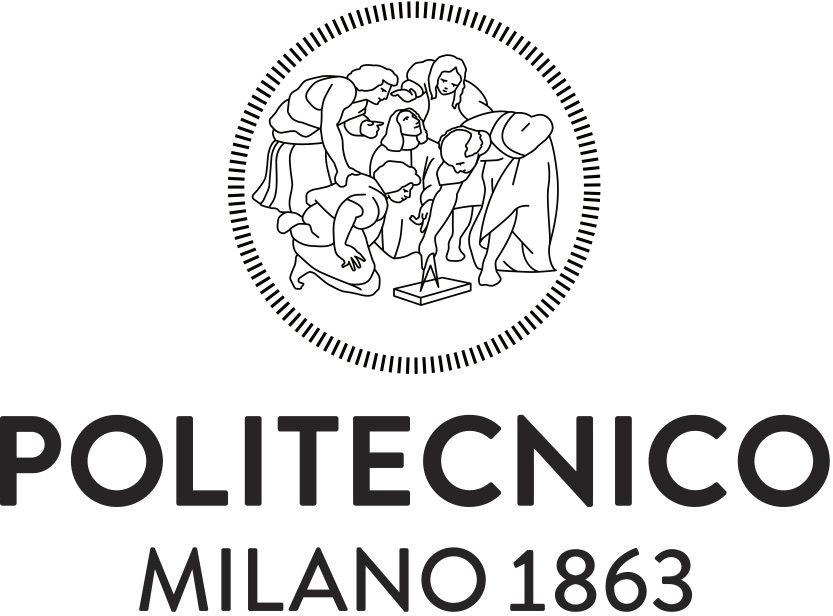Starting today, our team at the Data Science Lab Polimi will participate to the PERISCOPE European project. PERISCOPE will investigate the broad socio-economic and behavioral impacts of the COVID-19 pandemic, to make Europe more resilient and prepared for future large-scale risks. The European Commission approved PERISCOPE (PAN-EUROPEAN RESPONSE TO THE IMPACTS OF COVID-19 AND FUTURE … Continue reading PERISCOPE: the EU project on socio-economic and behavioral impacts of the COVID-19 pandemic
Blog
Generation of Realistic Navigation Paths for Web Site Testing using RNNs and GANs
we propose a method that focuses on the generation of REALISTIC NAVIGATIONAL PATHS, i.e., web logs. Our approach is extremely relevant because it can at the same time tackle the problem of lack of publicly available data about web navigation logs, and also be adopted in industry for AUTOMATIC GENERATION OF REALISTIC TEST SETTINGS of Web sites yet to be deployed.
Coronavirus stories and data
Coronavirus COVID-19 is an extreme challenge for our society, economy, and individual life. However, governments should have learnt from each other. The impact has been spreading slowly across countries. There has been plenty of time to take action. But apparently people and government can’t grasp the risk until it’s onto them. And the way European … Continue reading Coronavirus stories and data
Data Science for Business Innovation. Live courses for executives and managers in Italy and The Netherlands
Starting October 2019, we open a new opportunity for companies: a 2-day hands-on course on Data-driven innovation for executive and managers. The course is specially developed for executives, managers, and decision-makers that need to handle the foundations of data analysis for taking informed decisions on data-driven business, innovation path and strategies within the enterprise. It … Continue reading Data Science for Business Innovation. Live courses for executives and managers in Italy and The Netherlands
Are open source projects governed by rich clubs?
we analyze open source projects to determine whether they exhibit a rich-club behavior, that is a phenomenon where contributors with a high number of collaborations are likely to cooperate with other well-connected individuals. The presence or absence of a rich-club has an impact on the sustainability and robustness of the project. We build and study a dataset with the 100 most popular projects in GitHub.
Data Science for Business Innovation. A new MOOC on Coursera
Breaking news! We just published our new MOOC "Data Science for Business Innovation" on Coursera! Our course is available for free on Coursera and is jointly offered by Politecnico di Milano and EIT Digital, as a compendium of the must-have expertise in data science for non-technical people, including executives, middle-managers to foster data-driven innovation. The … Continue reading Data Science for Business Innovation. A new MOOC on Coursera
Content-based Classification of Political Inclinations of Twitter Users
Social networks are huge continuous sources of information that can be used to analyze people's behavior and thoughts. Our goal is to extract such information and predict political inclinations of users. In particular, we investigate the importance of syntactic features of texts written by users when they post on social media. Our hypothesis is that … Continue reading Content-based Classification of Political Inclinations of Twitter Users
News Sharing Behaviour on Twitter. A Dataset and a Pipeline
Online social media are changing the news industry and revolutionizing the traditional role of journalists and newspapers. In this scenario, investigating the behaviour of users in relationship to news sharing is relevant, as it provides means for understanding the impact of online news, their propagation within social communities, their impact on the formation of opinions, … Continue reading News Sharing Behaviour on Twitter. A Dataset and a Pipeline
Brand Community Analysis using Graph Representation Learning on Social Networks – with a Fashion Case
We exploit the network that builds around the brands by encoding it into a graph model. We build a social network graph, considering user nodes and friendship relations; then we compare it with a heterogeneous graph model.
A sneak peek at the European Union Ethics Guidelines for AI
A few days ago, politico.eu published a preview of the document that the European Union will issue as guidance for ethical issues related to artificial intelligence and machine learning. The document was written by the High-level Expert Group on Artificial Intelligence, appointed by the European Commission. This advanced version of the document is available online now … Continue reading A sneak peek at the European Union Ethics Guidelines for AI






